How To Buy a Used PWC
An affordable to get out on the water is to buy a used PWC. We’ve put some tips together to help you find a bargain and avoid a pile of junk.
As summer winds down, now can be a great time to pick up a used PWC. The newest models are just coming out and as people look to upgrade, you can find some great deals that will save you a great deal of money over new machines. There are some things you need to keep in mind as you look at a used PWC that can help keep you from making a bad decision.
There is an old saying that buying a boat is like opening a hole in the water and dumping money into it. Of course, we all know that really isn’t true, unless you buy a pile of junk. Luckily for you, we’re here to help.
Dealers vs. Private Sales
Buying a used PWC can be a little scary. Dealer sales of used machines that were brought in on trade offer a bit of a safety net as long as you ask the right questions. Did the dealership inspect the PWC when they took it in on trade? Ask what they found when they inspected the PWC. If they found any areas that needed repair or were of concern, did they service those concerns? Before I’d buy a used machine of any kind, I’d ask for a compression test on the cylinders and the most recent service of the engine. Luckily the dealerships I do business with do all of that and more.
Private sales are always a bit risky, because there is no guarantee. The rewards, however, are in price, as there is usually much more wiggle room with private sales. If the deal looks good, it would be worth it to ask if you can take it to a mechanic for inspection. If the deal looks too good, there is a saying for that, too. There are some things you need to look for that will help sort out the deal from the junk.
Hours
Most modern PWC have an hour meter on the engine. One of the keys to finding the right PWC is to get one with low hours. What constitutes low hours? The rule of thumb is anything less than 50 hours is low and considered a great deal. With the influx of four-stroke engines, the hours that are considered good stretch out another 50, as the wear is lessened. While pistons and rings wear faster on two-strokes, they still wear on four-stroke engines, and you need to check wear on the valves.
You also need to know the last time the engine was started and the age of the gas. If the PWC has been sitting for a long time, you could be looking at trouble, especially if the gas was never treated or drained.
Hull
Inspect the hull for damage or excessive wear. Fiberglass hulls can delaminate if not taken care of. Again, if the machine is newer, this shouldn’t be a problem. The most important thing to look for is damage from impacts or scuffing on the shore or rocks. A fishing guide friend of mine got into the habit of taking a UV light with him whenever he looks at a used boat of any kind, so if a hull has been repaired and repainted, the changes show up better.
Controls
Make sure all of the controls operate as they should. Sticking cables are a sign of neglectful maintenance. The last thing you want is to have the throttle stick wide open on your first ride. Also look for controls that feel sloppy. Sloppy controls mean the machine has seen a lot more use and wasn’t take care of as it should.
Pumps and Props
Take a flashlight and inspect the internals as best you can. Look for damage from rocks, gravel and other hard use. Make sure the screens are clear and undamaged. Rental machines and PWC owned by novices tend to have more damage to any intake parts. These are also parts that can easily be replaced, so you can use them to negotiate the price.
There are always things that should concern you when buying a used PWC. It is, after all, a big investment. If you are buying from a private party, do your research before you buy. There are published values for PWC here. See which brands hold value best, and which units carry value well over time. This should tell you something. One thing that always lets me know that a machine is trouble is when the ad says, “No low-ballers. I know what it is worth.” Odds are that the person doesn’t know, and is often asking way too much for the pile of junk he’s trying to get someone to buy.
You shouldn’t be afraid to buy a used PWC, though. It is a great way to get you on the water for less money than a new machine. Just go into the deal with the right tools to make an informed purchase and get the best deal for you. It’ll save you time, money and frustration, and in the end, make your investment much more fun. And fun is the point, right?
Get PersonalWatercraft.com in your Inbox!
Like PersonalWatercraft.com on Facebook
Comments
Most Popular

2025 Yamaha JetBlaster PRO 2-Up Review
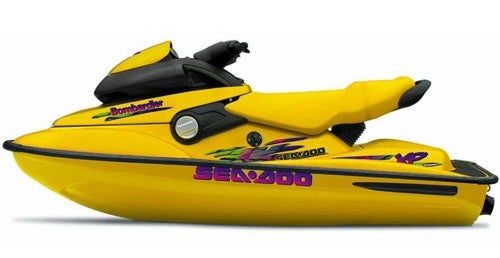
Remembering the Sea-Doo XP

2024 Kawasaki Jet Ski STX 160X Review

2017 Kawasaki Jet Ski Ultra 310LX Review

Whatever Happened to the Wetbike?

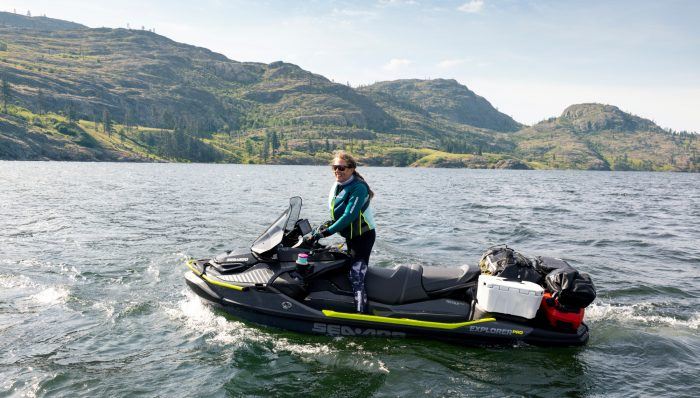
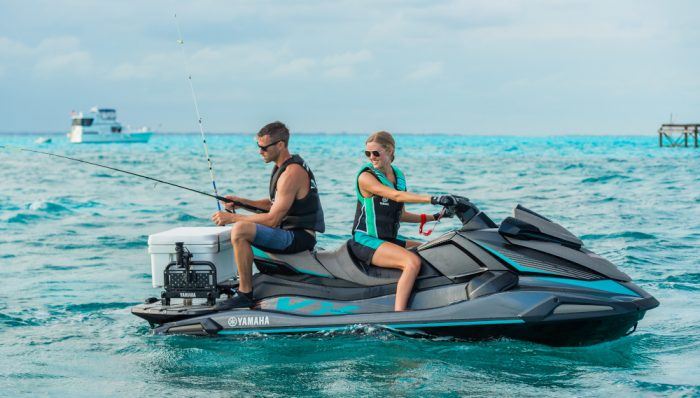



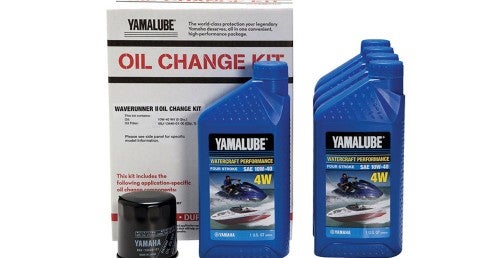



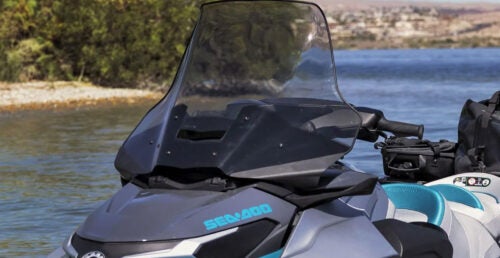



 Your Privacy Choices
Your Privacy Choices